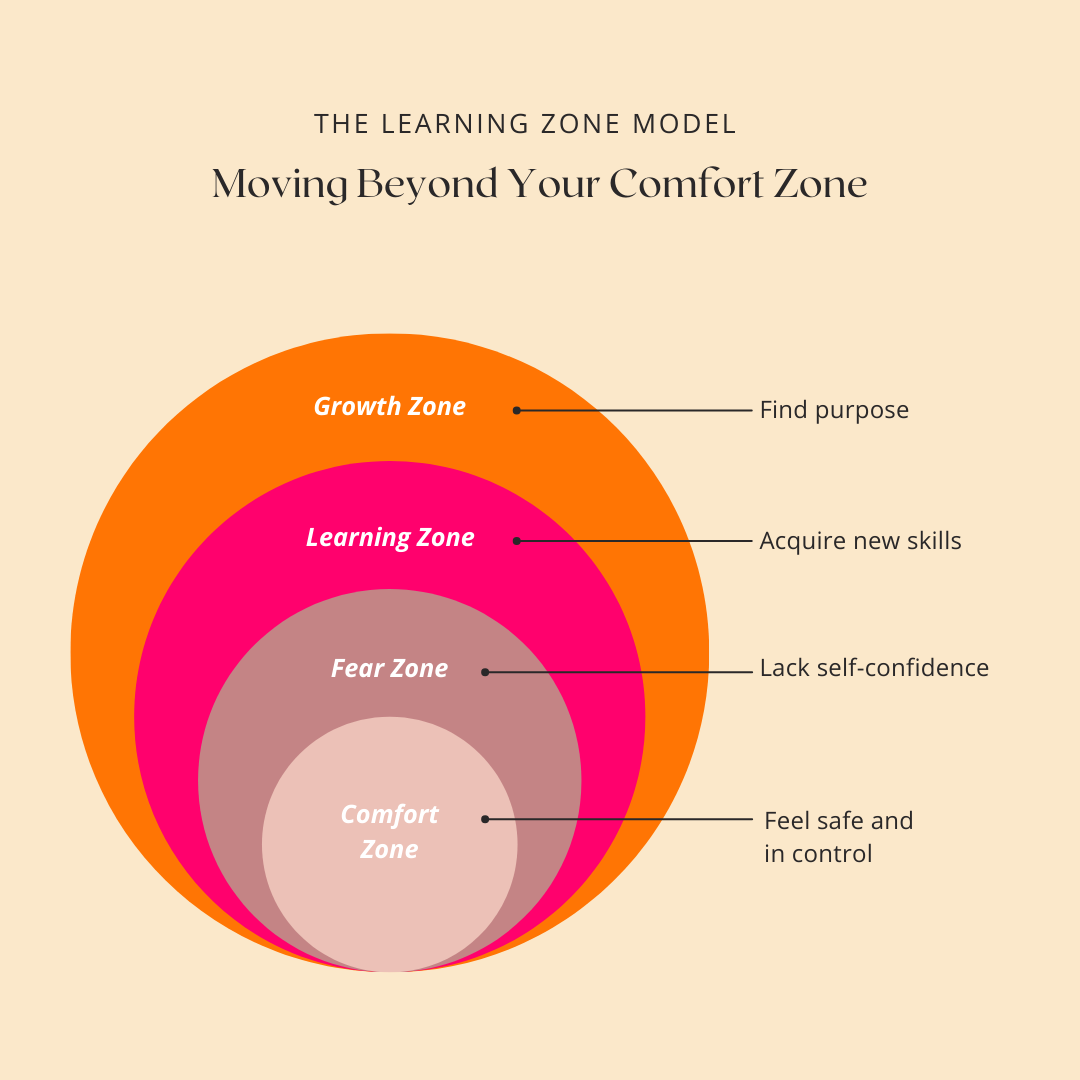I'll be found out..Imposter Alert!
Imposter Syndrome: It's a common feeling that affects people from all walks of life, regardless of achievements.

Written by Victoria Hoey (Coach Collaborator and Community Member)
Have you ever struggled with Imposter syndrome? Ever felt as though you are "winging it", or that you are going to get found out, or that you don't feel as though you deserve to be where you are?
Imposter Syndrome: It's a common feeling that affects people from all walks of life, regardless of achievements. In fact according to the Harvard business review, 70% of people will experience imposter Syndrome at some point in their lives.
For some, it can be a deeply uncomfortable and daunting experience causing us to doubt ourselves, lose our confidence or be paralysed into ‘in-action’.
I have suffered with imposter syndrome over the years at various points in my career – the most severe episode was when I was first promoted to a Senior Leadership position, I convinced myself that I ‘knew nothing’, that my company had made a mistake promoting me and that I was going to get de-promoted or worse …..fired.
The turning point came for me when my coach explained that imposter syndrome was common, that most people in their careers will go through it at some point and that several people at Director level in my company also had imposter syndrome. I was in complete shock … these were individuals I looked up to, admired and assumed were filled with confidence in their abilities. How could they suffer from imposter syndrome?. She helped me to realise that it is in fact something that a lot of people encounter in their career and is completely normal. She also helped to me to realise that I absolutely deserved to be where I was because I had the skills and experience and that I wouldn’t have been promoted if others didn’t think so. This external perspective was really valuable, and of course I didn't get fired or de-promoted!
So, if Imposter Syndrome is something completely normal that a lot of us go through, is there a way that we can view it more positively?
Steven Bartlett has an interesting viewpoint on this. In a recent Linkedin post* he said ‘I have always viewed imposter syndrome as a growth moment - if you’re not feeling like an imposter then you’re probably in your comfort zone and that’s not where the good things happen.’ He believes that in order to continue to develop and grow you should feel like an imposter every now and then.

This is a really interesting way of looking at Imposter Syndrome. If we are able to view the feelings associated with it as a signal that we are entering into a new phase of self-development, a time where we are learning and growing then we can change our perspective. Rather than fearing it - we can teach ourselves to recognise the opportunity presented to us and harness this as way of propelling ourselves forward into new and exciting avenues.
So next time Imposter Syndrome taps you on the shoulder, acknowledge it’s presence and thank it for indicating to you that you are moving out of your comfort zone and into your growth zone.
If you are experiencing imposter syndrome, here are some ways that you can manage it;
- Acknowledge your feelings - The first step to managing imposter syndrome is to recognise that you're experiencing it. Don't try to ignore or dismiss your feelings. Write them down on a piece of paper, the very act of writing them down will help you to gain insight and perspective
- Question your thoughts - Once you've acknowledged your feelings, try to question the thoughts that are causing them. Are they valid? Are they true? What evidence do I have for and against these thoughts? For example, if you are questioning whether you deserve you promotion at work and worried that you aren’t ready, write down all the reasons why you do deserve to be there, your experience, skills, successes etc. This will help you to understand why you deserve to be where you are
- Acknowledge that you are entering your growth zone – Yes it may feel uncomfortable at the moment, but you are learning new skills and gaining new experience and this is positive. The key to success is to keep moving forward despite fears that may get in the way
- Acknowledge that it is temporary – Imposter syndrome often occurs when we are faced with a new challenge or experience, acknowledge that you won’t have this feeling for ever, it will lesson as you become more experienced and gain more confidence
- Know that you are not alone – Many people experience feelings of imposter syndrome, it is a very common feeling. Talk to others and share your experience, you will find others who have been through who can give you a valuable external perspective (You don't need to look further, you can join our Confident Career Club community as a Free Member or Full Member to gain many benefits)
If you would like coaching to help you with feelings of imposter syndrome then please get in touch. Victoriahoeycoaching.com or victorialhoey@gmail.com
Head over to our Coaching Services page to find out about the caoching we offer and don't forget, you can also add it in to your membership.

Thanks to Vicky for sharing her insight on Imposter Syndrome. I'm sure this all resonantes with many in the work place regardless of your level of seniority.
If you would like to explore more about how we can misinterpret our sense of 'not been good enough' due to the culture of the company we work in, then check out this article on 'Feeling Like The Odd One Out At Work'.
If you want to connect with our Coach Collaborators and other community members then join us at our fun and interactive Community Connect Sessions. You can visit our Events Page for more details and to sign up on Eventbrite.
If you are signed up to one of our free trials you can join us for free on the 1st November at 7.30pm to 8.30pm GMT UK.
Have a great week
Joanne and Maggie